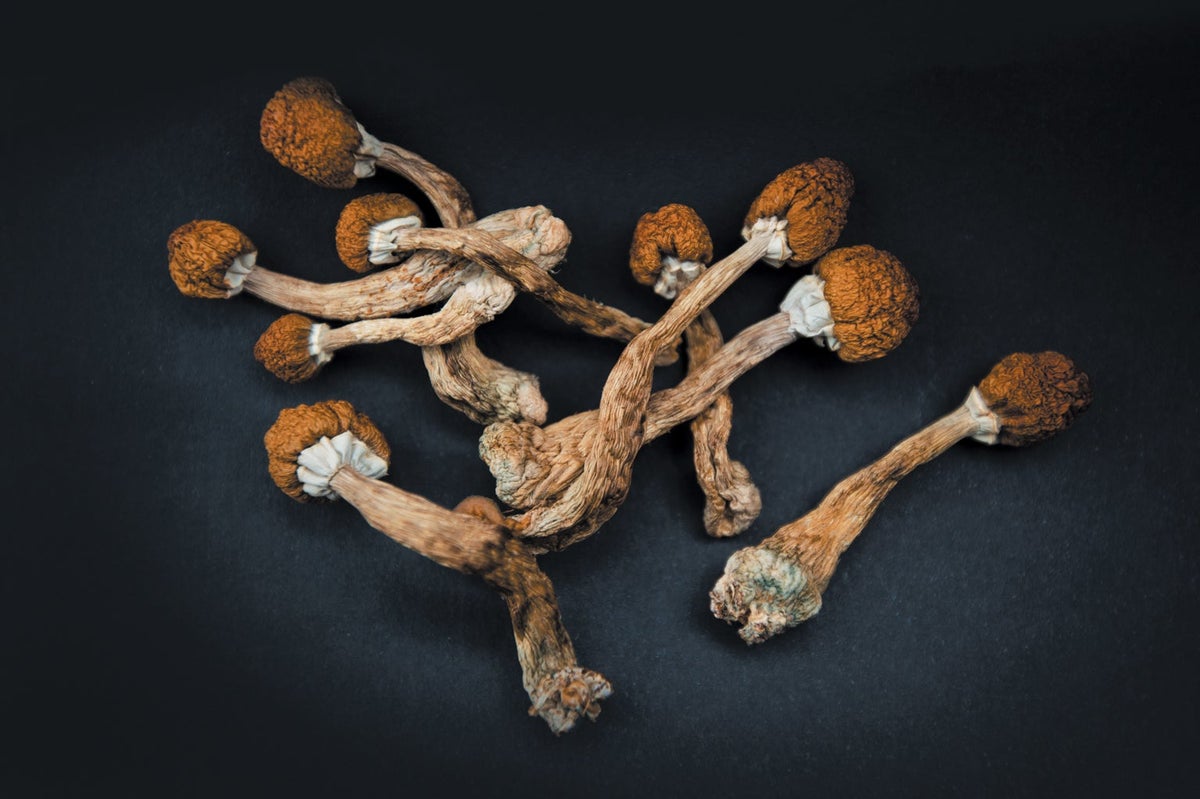An Overview of Magic Mushrooms and Their Psychedelic Effects
Key Insights and Strategies
Magic mushrooms, also known as psilocybin mushrooms, contain psychoactive compounds that induce psychedelic effects. These mushrooms have a long history of traditional use in various cultures for spiritual and medicinal purposes. The psychedelic effects of magic mushrooms can include altered perception, intense sensory experiences, and profound spiritual insights.
Step-by-Step Guide
- Step 1: Research the different types of magic mushrooms and their effects to understand their variations.
- Step 2: Start with a low dosage if experimenting with magic mushrooms to gauge your sensitivity to the psychedelic effects.
- Step 3: Create a safe and comfortable environment when consuming magic mushrooms to enhance the overall experience and minimize potential risks.
Potential Health Benefits of Magic Mushrooms
Exploring the potential health benefits of magic mushrooms unveils a realm of intriguing possibilities that go beyond their psychedelic reputation. While historically valued for their hallucinogenic properties, recent studies have shed light on the medicinal potential of certain compounds found in these fungi.
One key component of magic mushrooms is psilocybin, known for its mind-altering effects. Research indicates that psilocybin may offer therapeutic benefits in treating conditions such as depression, anxiety, and PTSD. Studies have shown that the compound could help increase neural plasticity and promote new neural connections, potentially aiding in the treatment of various mental health disorders.
Moreover, magic mushrooms have been associated with spirituality and mystical experiences, leading users to report profound feelings of connectedness and introspection. These transformative experiences have prompted researchers to explore the potential of psilocybin-assisted therapy in improving mental well-being and fostering personal growth.
Additionally, preliminary studies suggest that psilocybin may play a role in alleviating symptoms of terminal illnesses, such as cancer-related anxiety and depression. The compound’s ability to induce a state of transcendence and acceptance has garnered attention as a complementary approach to conventional palliative care.
As the scientific community continues to unravel the mysteries of magic mushrooms, their potential as a therapeutic tool is becoming increasingly recognized. While the psychedelic properties of these fungi have captivated minds for centuries, their emerging role in modern medicine signifies a promising frontier in mental health treatment.
Risks and Side Effects of Using Magic Mushrooms for Health
When considering the use of magic mushrooms for health benefits, certain risks and side effects should be acknowledged. It’s crucial to be aware of these potential downsides to ensure a safe and informed experience.
1. Psychological Effects
Magic mushrooms can induce intense psychological experiences, such as anxiety, paranoia, or even hallucinations. Individuals with underlying mental health conditions should approach their use with caution.
2. Physical Impact
Some users may experience physical side effects like nausea, vomiting, and dizziness. These symptoms can vary in intensity and duration, affecting the overall well-being of the individual.
3. Legal Concerns
Depending on the region, the possession and consumption of magic mushrooms may be illegal. Understanding the legal implications is essential to avoid potential legal consequences.
4. Misuse and Dependency
There is a risk of misuse and dependency with the prolonged use of magic mushrooms. Monitoring usage and seeking professional guidance if needed can help prevent adverse effects.
5. Interaction with Medications
Magic mushrooms can interact with certain medications or substances, leading to unpredictable outcomes. It’s crucial to consult with a healthcare provider before combining them with other drugs.
